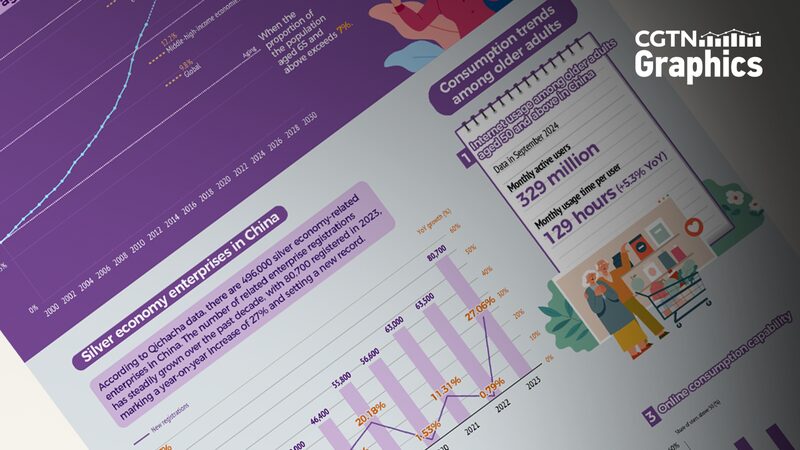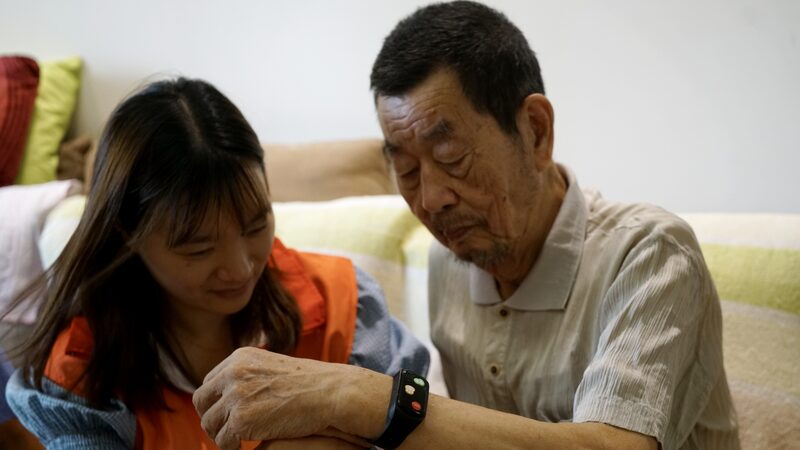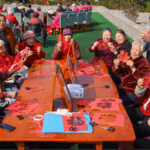Meet Wang Yunbo, a 65-year-old Beijing resident whose daily life is powered by AI magic ✨. From health-tracking smart bands to TV recommendations tailored just for him, Wang’s story reflects how China’s aging population is embracing tech to stay connected and healthy. With nearly 300 million people aged 60+ nationwide, innovators are racing to create solutions for a 'silver tsunami' reshaping society.
🔍 The Stats: By 2033, China expects over 400 million seniors—nearly 35% of its population by 2050. Over 490,000 companies now focus on smart elderly care, from AI-powered health monitors to fall-detecting clothes with airbags (yes, like real-life superhero gear! 🦸♂️).
🤖 Robot Bonds: Shanghai grandma Liu chats daily with her robot 'nanny,' relying on it for chores and health tips. 'I can’t live without it,' she laughs. Meanwhile, lifelike AI 'employees' at the Bank of Shanghai help seniors check pensions via voice commands—no more app struggles!
💡 Challenges Ahead: While tech bridges gaps, hurdles remain. Some seniors find AI gadgets pricey or glitchy, while families fret about privacy. Experts say China can learn from Japan’s aging-tech playbook and global models to refine its approach.
🚀 What’s Next? Government plans aim to weave robots deeper into care scenarios. Imagine 5G-powered wearables and cloud-based health alerts becoming as common as chopsticks! 🥢 As UN rep Justine Coulson notes, China’s AI-driven 'silver economy' could inspire emerging nations worldwide.
Reference(s):
AI technologies open new prospects for elderly care in China
cgtn.com





